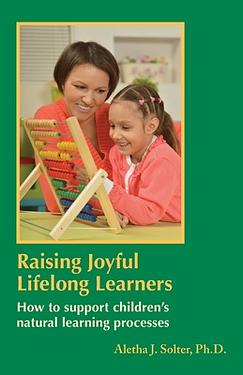內容簡介
內容簡介 This book is primarily for parents but is also of interest to teachers. It explains the benefits of teaching approaches that support children's natural ways of learning through age twelve. Parents will learn strategies to use at home to support their children's education. Topics include trusting children by following their interests, recognizing the importance of play, providing appropriate stimulation, avoiding punishments and rewards, understanding the causes of learning difficulties, identifying symptoms of school-related stress, and supporting children with homework.The author, a Swiss American developmental psychologist who studied with Piaget, describes his constructivist learning theory and its educational implications, specifically, the benefits of learning by discovery rather than through direct instruction. The underlying assumption is that children are born with an innate desire and ability to learn and can be trusted to learn at their own pace and in their own way. As part of the author's Aware Parenting approach, this book offers a non-punitive, attachment-based, and trauma-informed approach to education. She proposes twelve fundamental principles of learning that align with children's natural learning processes. Supported by research, these principles apply to all children. Educational approaches that honor these principles foster deep, meaningful learning without relying on punishments or rewards. Teaching methods that deviate from these principles can hinder children's motivation and ability to learn. Numerous real-life examples of both effective and ineffective teaching approaches are used to illustrate the concepts.An important chapter describes how stress can interfere with children's ability to learn. Another focuses on ways that parents can offer emotional support at home to help children cope with school-related stress and homework. A chapter on learning difficulties describes both biological and psychological factors that can lead to attention problems, school resistance, and behavior problems. The book also includes a brief history of schools and educational reformers, as well as an overview of educational options, including homeschooling. The final chapter explains the importance of raising children to be lifelong learners with high motivation and confidence to continue learning joyfully as adults. Based on studies in child development, learning theory, and educational psychology, this is a well-researched book with numerous scientific references. Charts scattered throughout the text provide handy summaries of key points, and a series of exercises invites parents to reflect on their own childhood learning experiences. Additional features include a useful glossary of terms and a short description of major educational reformers.
